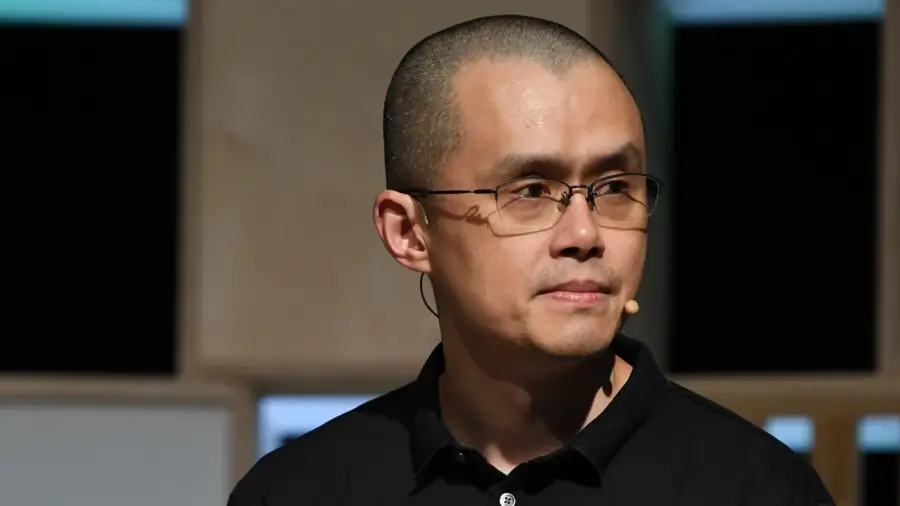As Covid-19 cases continue to grow and the Ômicron variant sweeps the world, some countries are offering fourth doses of vaccines to the most vulnerable.
Israeli Prime Minister Naftali Bennett’s office announced this week that adults aged 60 and over, health workers and immunosuppressed people will be able to receive a fourth dose, provided it has been four months since the third dose.
On Thursday (23), German Health Minister Karl Lauterbach said that a fourth dose will be needed to maintain protection against the Ômicron variant, although the country has not yet started to apply these doses.
Meanwhile, in the US, it’s too early to discuss a potential fourth dose of coronavirus vaccine for most people, said Dr. Anthony Fauci, director of the National Institute of Infectious and Allergic Diseases, last Wednesday. .
“I think it’s too premature to talk about a fourth dose,” Fauci told the WCBS Newsradio 880 radio show, hosted by Michael Wallace and Steve Scott.
“One of the things that we’re going to look at very carefully is the durability of the third dose of an mRNA vaccine,” Fauci said. Moderna and Pfizer/BioNTech vaccines are mRNA.
“If the protection is much more durable than two doses (unboosted), then we can go a long way without requiring a fourth dose,” Fauci said. “So I think it’s premature – at least in the US – to talk about a fourth dose.”
Once fourth-dose data are available, the US Centers for Disease Control and Prevention (CDC) will examine and consider whether this is necessary — but for now, third doses appear to be offering “lasting protection,” the Dr. Rochelle Walensky told John Berman of CNN last Tuesday (21).
“Right now we are working to ensure that our vaccinees receive a booster,” he said. “We have a lot of vaccines where two doses and a booster give lasting protection. So while I think it’s an important question to assess, we probably already have additional protection from the booster dose now.”
Even some vaccine manufacturers have claimed that more time is needed to determine when a fourth dose will be needed in the US and how long after the third dose immunity starts to wane.
“We’ll have to wait a few months before we can see how this data develops and matures to know when an additional dose will be needed – if necessary,” Paul Burton, Moderna’s chief medical officer, told CNN’s Wolf Blitzer on Thursday. fair (23).
However, Burton said he doesn’t want to underestimate the importance of booster shots now and that people can be confident that “getting a booster shot will offer protection for the holiday season and winter months. [nos EUA]”.
Moderna announced on Monday (20) preliminary data suggesting that half a booster dose increased the levels of antibodies against the Ômicron variant, compared to the levels of those who had the complete vaccine cycle but did not receive the booster.
Although the CDC has not recommended fourth doses of the coronavirus vaccine for the general public, the agency updated its guidelines in October to note that some people who are moderately or severely immunocompromised may receive a fourth dose of the Moderna or Pfizer/BioNTech vaccines.
For moderately or severely immunocompromised people who have received two doses of the Moderna or Pfizer/BioNTech vaccine, the CDC recommends a third dose to increase protection against Covid-19, but notes that another subsequent dose may be given.
In the future, some doctors anticipate that the US will be able to distribute fourth doses to more people, similar to the way Israel is doing.
“What the Israelis understand – and I believe a lot of people do as well – is that the longevity of booster shots is probably limited and that after three or four months we might start to see a lack of booster durability,” said Dr. Jonathan Reiner, CNN medical analyst and professor of medicine and surgery at George Washington University, last Wednesday (22).
Reiner added that Israel has taken the approach of “vaccinating more people who are most at risk right now,” such as healthcare professionals, the elderly and people with preexisting or immunocompromised medical treatments.
“But with more cases coming up around the world, it makes sense to take care of the health care system,” Reiner said.
“This is what the Israelis will do. And it’s clear to me that we will too. It’s just that it will take us an unnecessary and unacceptably long time to get to the point where we get a fourth dose. I want to see a sense of urgency. More than urgency, I want a sense of agility,” Reiner said. “It is clear that we will need backup. We are going to need a fourth dose at least for a good part of the population”.
Reference: CNN Brasil







